Mini-PCs have been experiencing a real boom in recent years. No wonder, because these small desktop computers are powerful, space-saving, and flexible. This guide shows what a mini-PC actually is, where its strengths lie, and who can benefit the most from buying one.
Also, be sure to check out the PCWorld deals page where we highlight the best deals from around the web on mini-PCs, like the latest stellar deal on a GMKtec M3 Plus mini-PC, and more. In fact, mini-PCs are constantly going on sale for staggeringly low prices, so keep your eyes peeled while shopping and keep checking back with us to see the latest and greatest deals. (If you’re reading this article the day it goes live, we’re also tracking the best Amazon Prime Day mini PC deals.)
What is a mini PC?
A mini-PC is a fully-fledged computer in a small format. In contrast to laptops, mini-PCs do without a battery and screen, which saves weight on the one hand and makes the small housing possible on the other—many models have a volume of less than one liter. At the same time, flexibility remains high: a monitor, mouse, keyboard, or external drives can be freely selected and easily replaced if necessary. If you like it neat and tidy, mount the mini-PC behind the monitor to save space or integrate it discreetly on the desk.
Despite their compact design, modern mini-PCs offer enough power for everyday tasks such as office work, surfing, streaming and even gaming. If you know your way around, you can even build your own mini PC with the right components.
Mini-PCs come with some advantages over classic desktop PCs
The most obvious advantage of mini-PCs compared to a classic tower PC is their compact dimensions. They take up hardly any space, can be tucked away unobtrusively on the desk or behind the monitor and are still powerful enough for many typical applications. Mini-PCs also have clear advantages when it comes to energy consumption: thanks to the use of energy-saving components, they often only require a fraction of the energy of a large desktop. This not only has a positive effect on the electricity bill, but also reduces heat waste and noise levels.
Another plus point: mini-PCs often have a modular design. Although they do not offer the same scope for upgrades as large tower cases, many models allow the SSD, RAM, or WLAN module to be changed. This makes them more flexible in the long term than many laptops.
Mini-PCs are also attractively priced with many solid models available for less than $400. However, the best overall package of performance, features, and efficiency is usually offered by mid-range builds which will set you back a bit more.
Limitations and disadvantages of mini-PCs
A mini-PC is not a laptop replacement because it always needs external peripherals such as a monitor, keyboard, mouse, and possibly speakers or a webcam. So if you’re looking for a device with which you can flexibly transition between the living room, office, and café, you’ll unfortunately need to look elsewhere.
There are also limits to their performance. While many mini-PCs can easily cope with office tasks, media playback, or light multitasking, they reach their limits with graphics-intensive applications such as 3D games, video editing, or CAD. Although there are some models with a dedicated graphics card, these are usually significantly more expensive and often cannot keep up with classic gaming or workstation PCs in terms of performance.
Last but not least, there are also thermal aspects to consider. Compact housings mean smaller fans and less air circulation—which can lead to heat problems and performance-reducing throttling under continuous load. Although many mini-PCs are surprisingly quiet, some models use an audible fan during intensive use to keep the heat in check.
What are the best use-cases for mini-PCs?
Mini PCs show their strengths wherever space, energy efficiency, and a tidy desk are required. In the home environment, they are usually used as office computers, streaming stations, or compact gaming alternatives for simple games. While they may lack the portable utility of a laptop and the power capabilities of a full-size desktop, they shine when you need something in-between—small enough to save precious desktop space, but powerful enough to do all but the most intensive tasks.
Tip: If you want to set up a small workstation for your desk, you can operate a mini-PC with several monitors and use common office software such as Microsoft Office or Google Workspace without any problems.
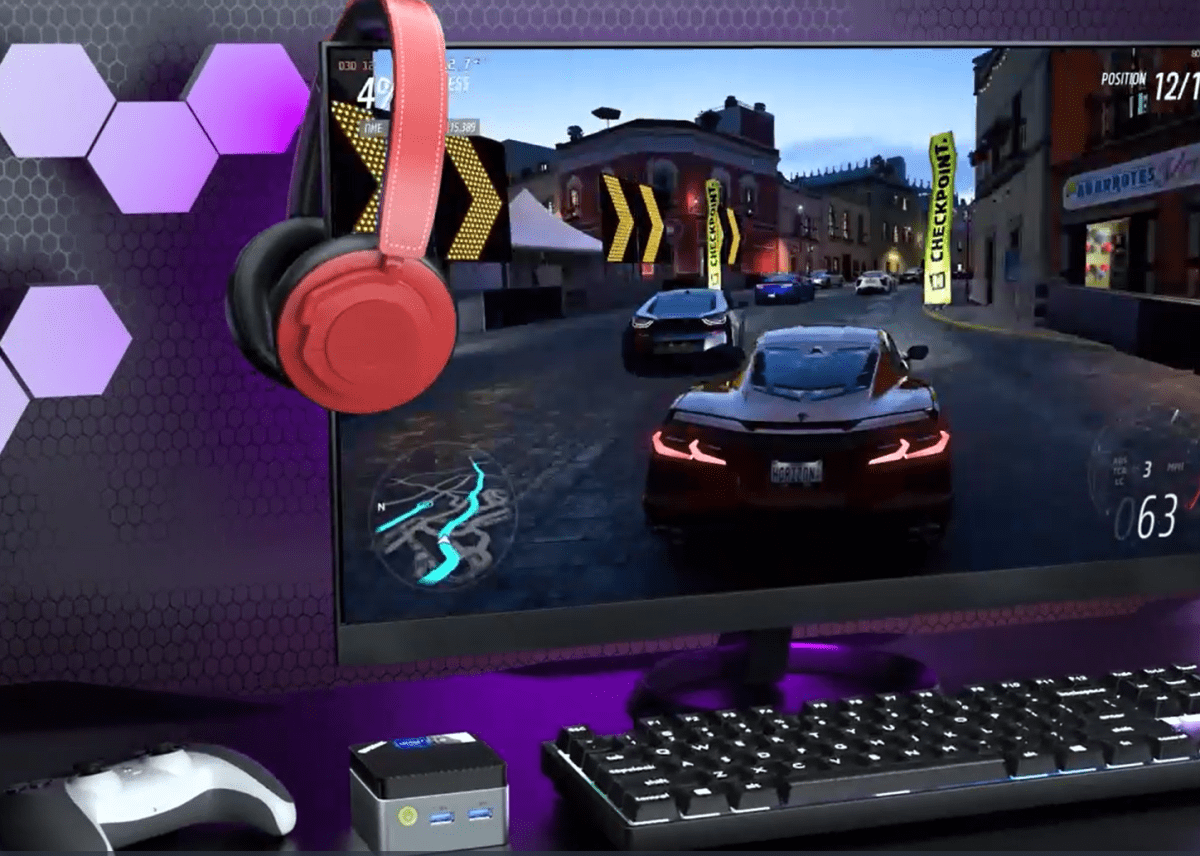
The performance of many mini-PCs is easily sufficient for casual gaming or less computing-intensive games.
GMKtek
What you should look out for when buying a mini-PC
Not all Mini PCs are the same. Depending on the intended use, you should pay specific attention to certain technical features, otherwise you could end up with frustration instead of flexibility:
1. Processor (CPU):
The heart of the system determines its performance. An Intel Core i3 or AMD Ryzen 3 is usually sufficient for office, web, and streaming. If you frequently edit photos or tackle light video editing projects, you should opt for a Core i5/Ryzen 5 or higher. Pay attention to the specified TDP (Thermal Design Power): Models with a higher wattage deliver more power, but generate more heat waste and require more active cooling. Variants with less than 35 watts are particularly quiet and efficient, but generally offer slightly less computing power.
2. Working memory (RAM):
8 GB RAM is sufficient for basic applications, more is recommended for multitasking or memory-intensive programs. Ideally, the RAM in the mini-PC is replaceable or expandable—taking the time to look at the technical data or check out tests will help here.
3. Memory:
An SSD ensures fast loading times and smooth processes. 256 GB is considered an entry-level size, 512 GB or more is better—especially if you want to locally store a lot of programs or media files. Some mini-PCs also offer space for a second SSD or a 2.5-inch HDD.
https://www.pcworld.com/article/2833380/why-you-absolutely-need-a-mini-pc.html
Connectez-vous pour ajouter un commentaire
Autres messages de ce groupe
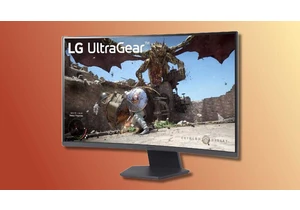
We love finding fantastic monitors at low prices because building a p
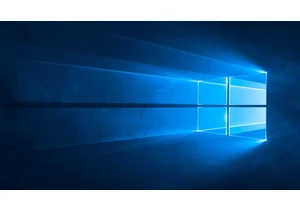
By now, you should know that Microsoft has been trying hard to move y


Having a personal assistant is all the rage these days, and Alexa is
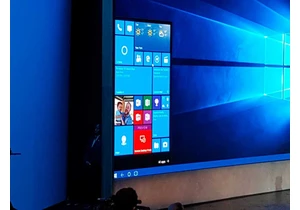
Have you heard? Windows 10 will stop getting updates in October as it
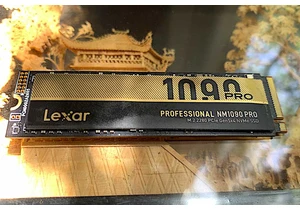
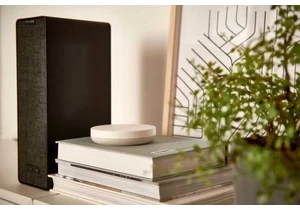
It’s been more than a year since Ikea’s smart hub got a Matter update
